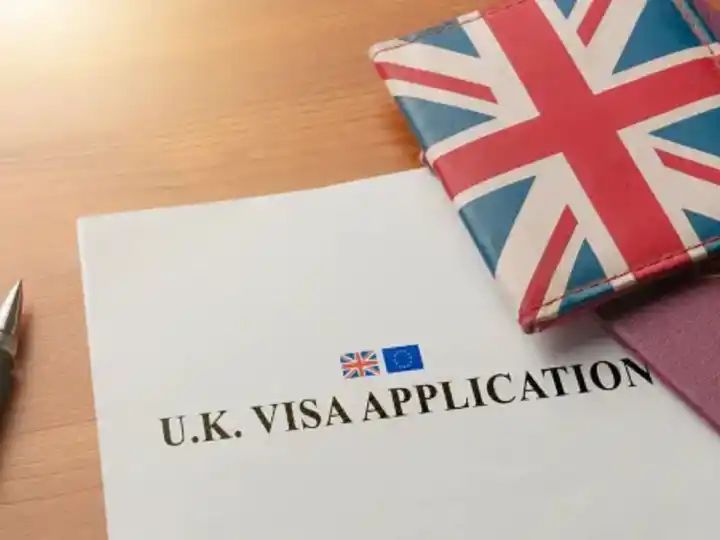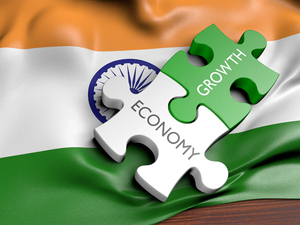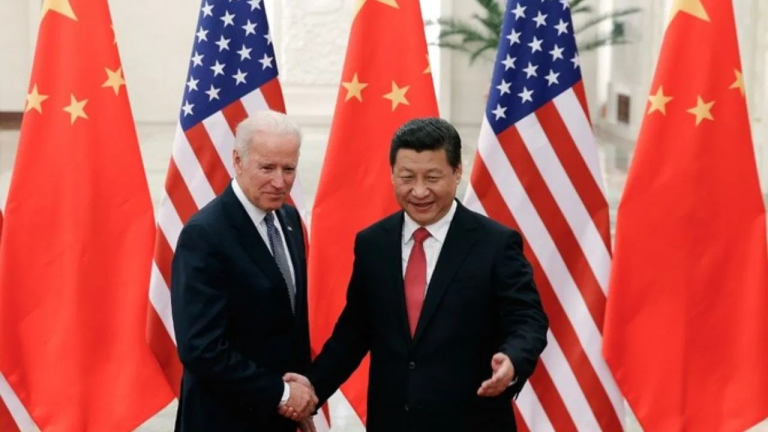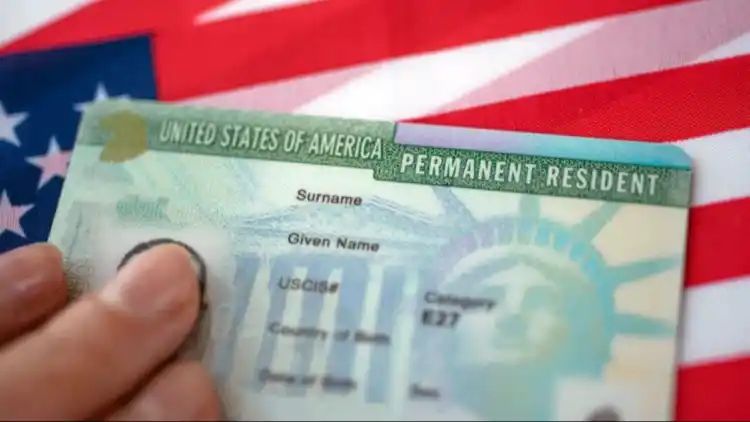Major Setback For Indians! UK BANS International Health, Care Workers From Bringing Family Members On Work Visa

In a setback major to Indians aspiring to migrate to the United Kingdom for better job prospects, The UK government has implemented a significant change in its immigration policy, specifically targeting international health and care workers.
The new regulation prohibits these workers from bringing their dependants into the country on work visas. This decision, which came into effect this week, is part of the Home Office’s strategy to address what they have identified as a ‘disproportionate’ situation. Last year, 120,000 dependants accompanied 100,000 workers on the care visa route, prompting the need for this policy change.
This decision was communicated by the UK Home Office through an official statement on Monday. The statement highlighted that preventing care workers from bringing their dependants is a crucial step in achieving a significant reduction in migration. The official statement stated, “From today, care workers entering the UK on Health and Care Worker visas can no longer bring dependants.”
The announcement also mentioned that approximately 120,000 individuals who arrived last year would no longer meet the eligibility criteria under the revised regulations. This move follows the UK Home Office’s earlier plans to address what they deemed as “unprecedented” and “unsustainable” levels of legal migration to the UK. A corresponding graphic banner in the post boldly declares, “Banned: Overseas care workers from bringing dependants.”
Financial Requirement for Visa
In addition to the ban on dependants, the Home Office has raised the financial bar for obtaining a visa. Workers in this category will now need to earn a minimum of £38,700, up from the previous threshold of £26,200. This increase in the income requirement aims to further regulate the entry of health and care workers into the country.
James Cleverly, the home secretary, emphasized the necessity of these changes to ensure a more controlled and sustainable immigration system.
“We will stop overseas care workers from bringing family, dependants and we will require firms in England to be regulated by the Health Care Quality Commission in order for them to sponsor visas,” he said.
“We recognize that healthcare workers do great work in our NHIS and health sector, but it’s also important that immigrants make a big enough financial contribution. Therefore, it will increase annual immigration healthcare charge by 66% from £624 to £1035 to raise, on average, £1.3 billion for the health services of the country every year.”
Indians represents largest skilled workers
The recent visa crackdown in the UK comes as a response to the record-high immigration numbers reported by the Office for National Statistics (ONS) earlier this month. The data revealed that net migration to the UK reached 672,000, highlighting the significant influx of individuals entering the country.
Among the key insights from the statistics was the prominent presence of Indian nationals in various visa categories. India emerged as a dominant force in the skilled workers, medical professionals, and student segments. The Health and Care visa category witnessed a substantial 76% increase in Indian applicants, showcasing the growing interest in healthcare opportunities in the UK. However, the Skilled Worker route experienced a slight decline of 11%, dropping from 20,360 visas in the previous year to 18,107 in the current year.
Despite this decrease, Indian nationals continued to lead in the student visa category, constituting the largest group of students granted leave to remain under the post-study Graduate visa route. They accounted for 43% of all grants, reflecting the strong academic ties between India and the UK.
Additionally, there was a notable rise in sponsored study visa grants to Indian nationals, with 133,237 visas issued in the year ending September 2023, marking a 5% increase from the previous year.
On the dependant visa front, Indian nationals ranked second in the number of dependants, following Nigeria. The figures surged from 2,127 to 43,445 in the year ending September 2023, underscoring the familial connections and support networks established by Indian immigrants in the UK.





